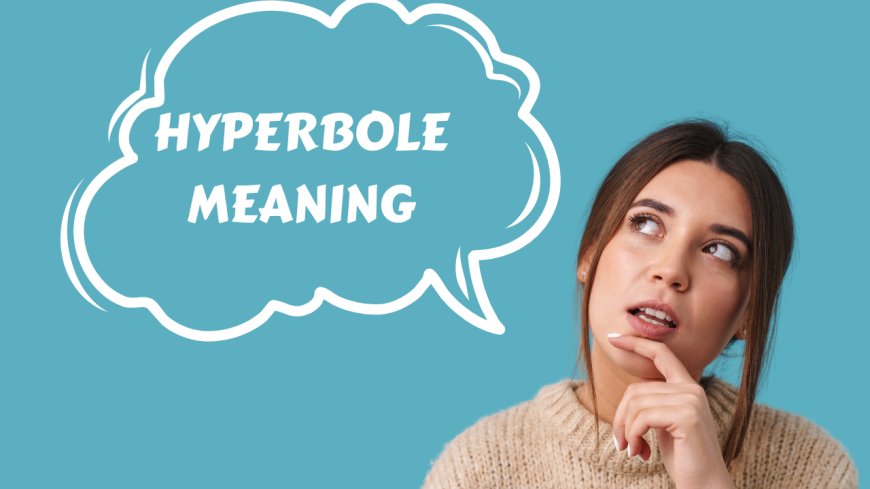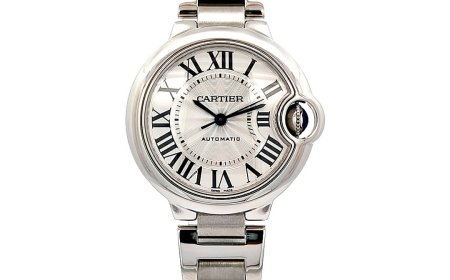Hyperbole Meaning: Understanding This Powerful Figure of Speech
Have you ever heard someone say, "I'm so hungry I could eat a horse!" or "This bag weighs a ton!"? These exaggerated statements are perfect examples of hyperbole—a common yet powerful literary device used to emphasize a point through dramatic overstatement.

Have you ever heard someone say, *"I'm so hungry I could eat a horse!"* or *"This bag weighs a ton!"*? These exaggerated statements are perfect examples of **hyperbole**—a common yet powerful literary device used to emphasize a point through dramatic overstatement.
At LearningToday.net, we break down the meaning of hyperbole, its purpose, and how it enhances communication in literature, everyday speech, and even advertising.
What Is Hyperbole? Definition & Meaning
Hyperbole (pronounced *hy-PER-buh-lee*) is a figure of speech that uses extreme exaggeration to make a point or create a strong impression. Unlike literal statements, hyperbole isn't meant to be taken seriously—it’s used for dramatic or humorous effect.
Example of Hyperbole in a Sentence:
- "I've told you a million times!"* (The speaker hasn’t actually said it a million times—they’re exaggerating to express frustration.)
Why Do We Use Hyperbole?
Hyperbole serves several purposes in language:
1. Emphasizing Emotions – It helps convey strong feelings like excitement, anger, or surprise.
- "I was so embarrassed, I could have died!"
2. Creating Humor – Exaggeration makes statements funnier.
- "My backpack is heavier than an elephant!"
3. Making Writing More Engaging – Writers use hyperbole to add drama and flair.
- "Her smile was a mile wide."
4. Persuasion in Advertising** – Brands use hyperbole to make products seem extraordinary.
- "The best burger in the universe!"
Hyperbole vs. Other Literary Devices
People sometimes confuse hyperbole with similar devices like metaphors or similes, but there’s a key difference:
- Hyperbole = Extreme exaggeration ("I’m drowning in homework!")
- Metaphor = Direct comparison ("Time is a thief.")
- Simile = Comparison using "like" or "as" ("As light as a feather.")
Common Hyperbole Examples in Everyday Life
You’ve probably used hyperbole without realizing it! Here are some classic examples:
- "This is the worst day ever!"
- "I’m so tired, I could sleep for a year."
- "That movie was so scary, I jumped out of my skin!"
Hyperbole in Literature & Pop Culture
Famous writers and speakers often use hyperbole for dramatic effect:
- Shakespeare: "I’ll love you till the ocean is folded and hung up to dry." (*As You Like It*)
-Advertising: "Red Bull gives you wings!"
- Song Lyrics: "A million dreams are keeping me awake." (The Greatest Showman)
How to Use Hyperbole Effectively
While hyperbole can make language more colorful, overusing it can weaken its impact. Follow these tips:
-
Use it sparingly – Too much exaggeration loses its effect.
-
Keep it relatable – The exaggeration should still make sense.
-
Match the tone – Hyperbole works best in informal or creative contexts.
Final Thoughts
Understanding the meaning of hyperbole helps you recognize its power in communication—whether in books, speeches, or daily conversations. It adds emotion, humor, and emphasis, making language more vivid and engaging.






































































